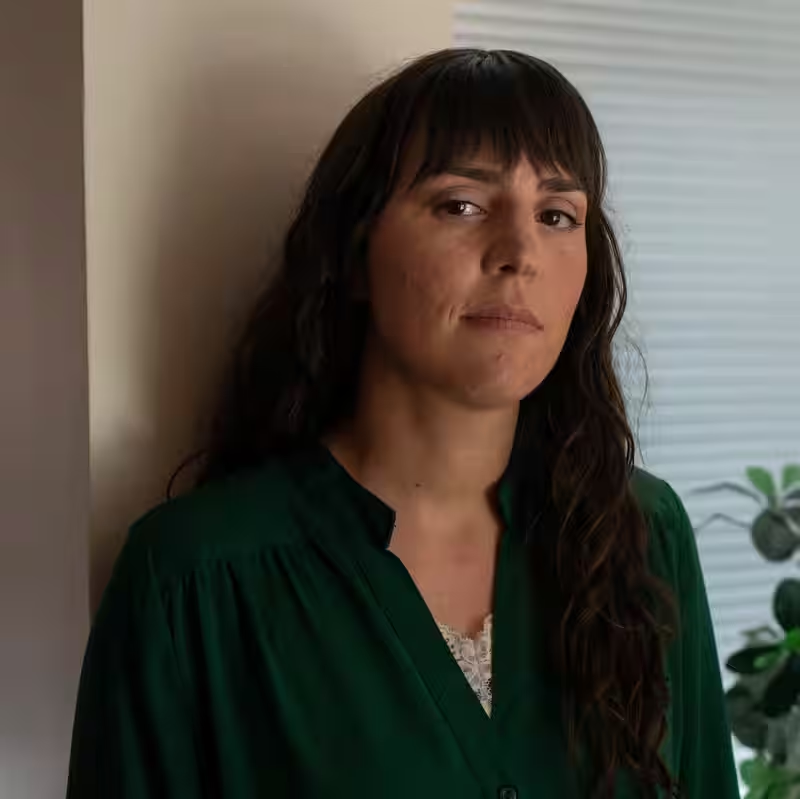Table of Contents
- Who Is Kaley Chiles?
- The Lawsuit Against Colorado’s Law
- What Is Conversion Therapy—Really?
- Free Speech vs. Public Health
- Why This Case Matters Nationwide
- Sources
Who Is Kaley Chiles?
Kaley Chiles isn’t your typical Supreme Court litigant. A 35-year-old licensed therapist based in Colorado Springs, she runs a small two-person practice out of a quiet bungalow downtown. An evangelical Christian, Chiles often receives referrals from local churches for clients seeking faith-integrated counseling on issues like trauma, addiction—and, controversially, unwanted same-sex attraction or gender dysphoria.
Now, she’s at the center of one of the most closely watched cases of the term: Chiles v. Salazar, a constitutional challenge to Colorado’s 2019 ban on conversion therapy for minors. Represented by attorney James A. Campbell, Chiles argues the law violates her First Amendment right to free speech by preventing her from offering voluntary, talk-based counseling to teens who wish to align their lives with their religious beliefs.
The Lawsuit Against Colorado’s Law
Colorado’s law prohibits licensed mental health professionals from engaging in “any practice or treatment” aimed at changing a minor’s sexual orientation or gender identity. Violations can result in fines up to $5,000 and potential license revocation—though the state has never enforced the statute.
Chiles insists she doesn’t seek to “cure” anyone. “I’m not trying to change sexual orientation,” she told reporters. “I help clients explore their values and make choices consistent with their faith.” She says the law effectively silences her, even when a minor and their parents actively seek her services.
Notably, the law includes a religious exemption for clergy—but not for licensed counselors like Chiles who operate in secular settings while integrating faith into their practice.
What Is Conversion Therapy—Really?
Conversion therapy is an umbrella term for practices that attempt to change a person’s sexual orientation or gender identity. Historically, it included abusive aversive techniques like electric shocks or nausea-inducing drugs. Today, most practitioners—especially in religious contexts—use talk therapy or cognitive behavioral methods.
Major medical organizations—including the American Psychological Association and the American Medical Association—have condemned all forms of conversion therapy for minors, citing strong evidence linking it to depression, anxiety, and elevated suicide risk among LGBTQ+ youth.
By the Numbers: Conversion Therapy in the U.S.
| Statistic | Figure |
|---|---|
| U.S. adults who’ve undergone conversion therapy | ~698,000 (Williams Institute, 2019) |
| Received it before age 18 | ~50% |
| States with bans on conversion therapy for minors | 22+ (as of 2025) |
| Licensed counselors still advertising such services | ~660 (Trevor Project, 2023) |
Free Speech vs. Public Health
The core legal question before the Court is deceptively simple: Is therapy speech or conduct?
If it’s speech—as Chiles and her legal team argue—then Colorado’s law must survive “strict scrutiny,” the highest constitutional standard. If it’s professional conduct, the state can regulate it to protect public health, even if speech is involved.
This tension echoes the Court’s 2018 ruling in NIFLA v. Becerra, where Justice Clarence Thomas wrote: “Speech is not unprotected merely because it is uttered by ‘professionals.’” Yet courts have also long upheld state regulation of medical practice.
Why This Case Matters Nationwide
A ruling in Chiles’s favor could invalidate similar bans in over 20 states, reopening the door to licensed professionals offering conversion therapy to vulnerable minors under the guise of “voluntary” counseling.
Conversely, upholding Colorado’s law would affirm states’ authority to shield young people from practices deemed harmful by medical consensus—even when those practices involve words, not drugs or surgery.
Coming just months after the Court upheld Tennessee’s ban on gender-affirming care for teens in U.S. v. Skrmetti, this case tests whether the conservative majority will apply the same deference to democratic policymaking—or carve out an exception for religious speech.
For Kaley Chiles, it’s about professional freedom. For LGBTQ+ advocates, it’s about protecting kids from psychological harm. And for the Supreme Court, it’s another high-wire act between faith, speech, and science.




